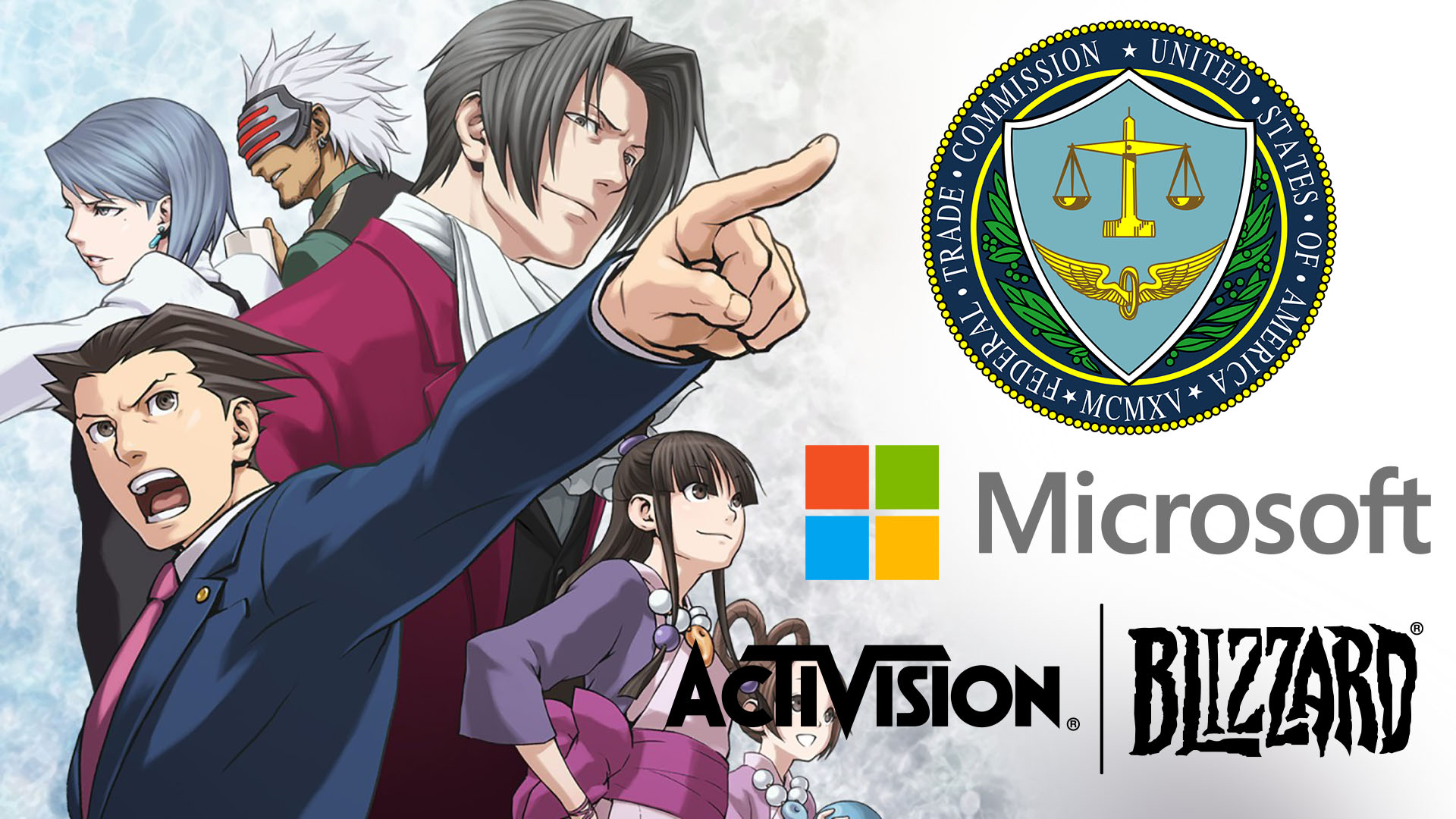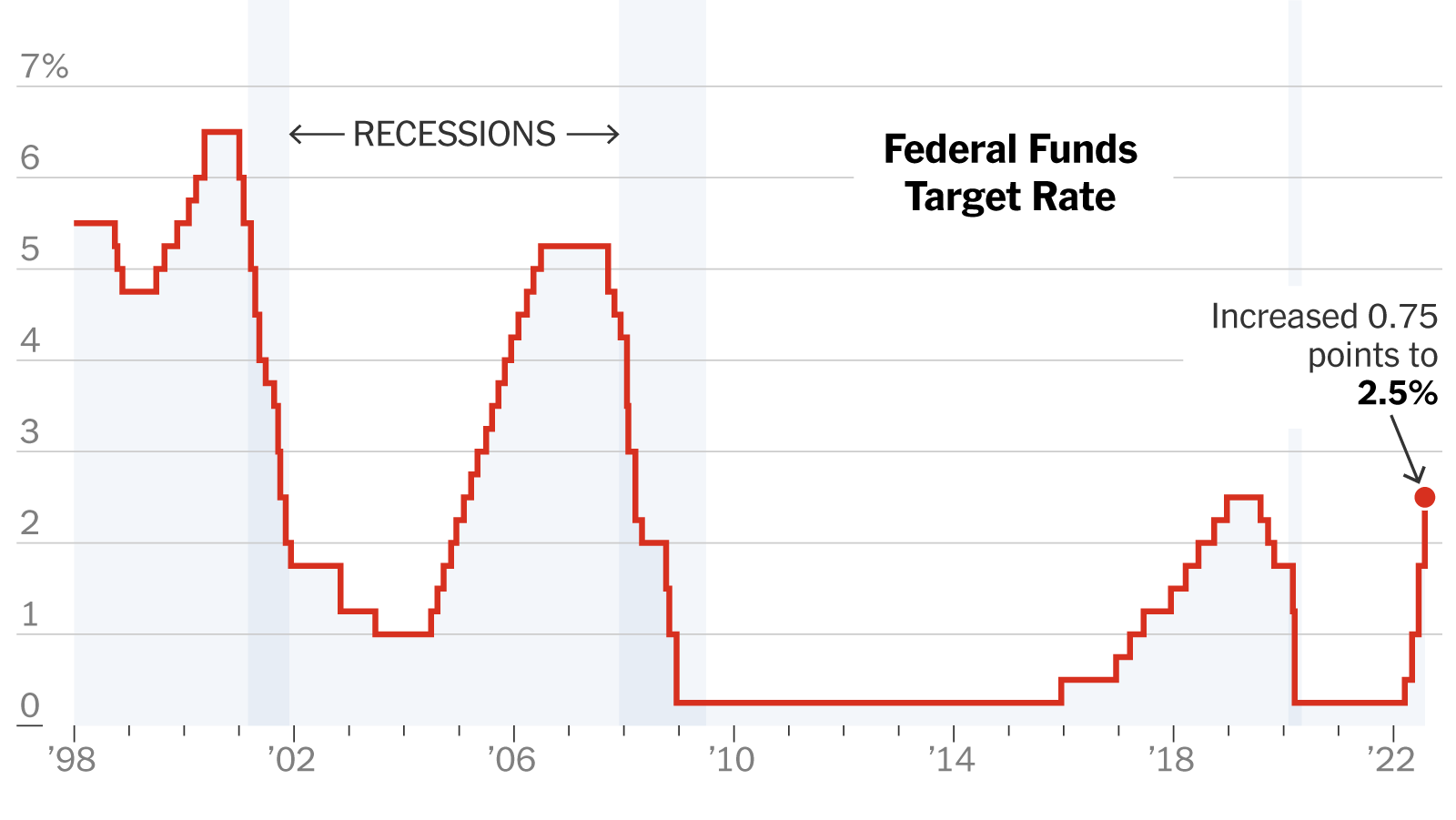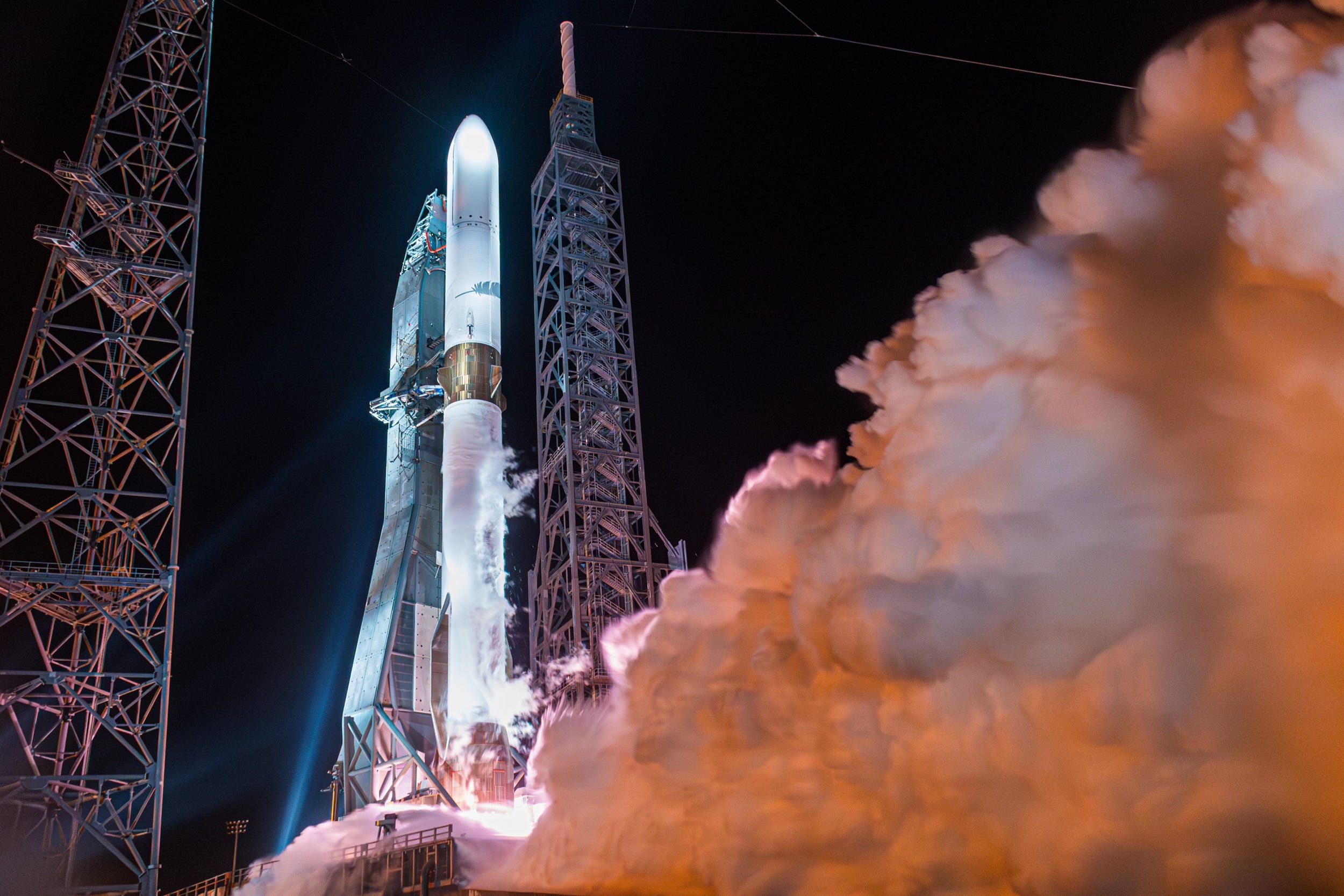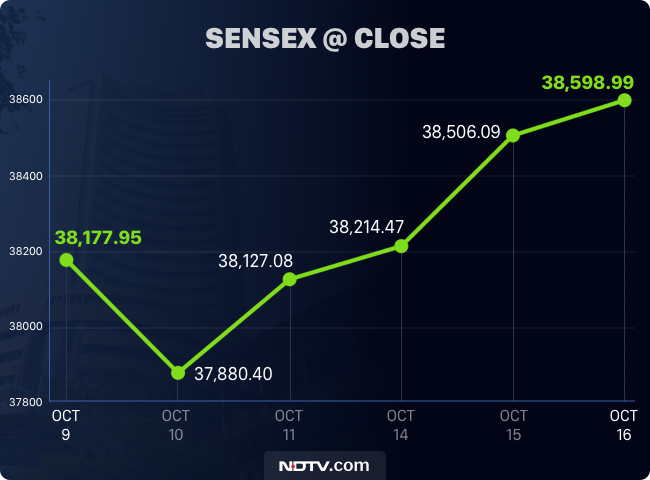FTC's Appeal Against Microsoft-Activision Merger Decision

Table of Contents
The FTC's Initial Arguments Against the Merger
The FTC's initial complaint centered on concerns about the significant impact of the merger on competition within the gaming industry. Their primary argument revolved around the potential for Microsoft to leverage its ownership of Activision Blizzard's popular titles, particularly Call of Duty, to stifle competition and harm consumers.
-
Reduced Competition in the Gaming Console Market: The FTC argued that Microsoft's acquisition would give it an unfair advantage over competitors like Sony PlayStation and Nintendo, particularly in the crucial console market. The exclusive or preferential treatment of Call of Duty on Xbox platforms was a major point of contention.
-
Potential Harm to Consumers: The commission voiced concerns that the merger could lead to higher prices for games, reduced innovation in game development, and a diminished choice of gaming experiences for consumers. They argued that a lack of competition would limit consumer options and potentially lead to a decline in the overall quality of gaming products.
-
Concerns about Microsoft's Market Power and Anti-Competitive Practices: The FTC expressed apprehension about consolidating further power in the hands of Microsoft, already a major player in the tech industry. The acquisition, they argued, would exacerbate this dominance and create the potential for anti-competitive practices, including leveraging Activision's intellectual property to harm rivals.
Microsoft's Defense and Proposed Concessions
Microsoft countered the FTC's arguments by emphasizing the benefits of the merger for gamers and the broader industry. They presented a strong defense, focusing on increased accessibility to games and the potential for innovation.
-
Concessions to Address FTC Concerns: Microsoft offered several concessions, most notably, ten-year licensing agreements to ensure Call of Duty remained available on other platforms, including PlayStation. These agreements aimed to alleviate the FTC’s concerns about reduced competition and anti-competitive practices.
-
Arguments About the Benefits of the Merger: Microsoft highlighted the potential for broader access to Activision Blizzard's games, arguing that the merger would benefit gamers by bringing more titles to a wider audience through services like Xbox Game Pass. They also stressed the potential for increased innovation resulting from combined resources and expertise.
-
Rebuttal of Anti-Competitive Claims: Microsoft vigorously denied any intention of using its market power to harm competitors. They argued that the gaming market is dynamic and competitive, with numerous players and innovative technologies constantly emerging.
The Appeal Process and Potential Outcomes
The FTC's appeal against the merger decision is now underway, setting the stage for a lengthy legal battle. The appeal process will involve detailed legal arguments, examination of evidence, and potential appeals to higher courts.
-
Potential Scenarios: Several outcomes are possible. The FTC could prevail, leading to a reversal of the initial court decision. Alternatively, the court could uphold the initial ruling, allowing the merger to proceed. A negotiated settlement between Microsoft and the FTC is also a possibility.
-
Legal Precedents and Impact on Future Mergers: This case sets a significant precedent for future mergers and acquisitions in the tech industry, potentially influencing how antitrust regulations are applied to large technology companies. The outcome will have a far-reaching impact on how such mergers are evaluated and approved.
-
Timeline for the Appeal Process: The appeal process is expected to be lengthy and complex, potentially spanning several months or even years. The timeline will depend on the various legal proceedings and appeals involved.
Impact on the Gaming Industry and Consumers
The outcome of the FTC's appeal will significantly affect the gaming industry and its consumers. The repercussions will be felt across various aspects of the gaming ecosystem.
-
Impact on Game Prices, Subscription Services, and Game Development: The merger could influence game pricing strategies, subscription services like Xbox Game Pass, and the overall investment in game development. The impact is likely to be felt both positively and negatively depending on the outcome and how the involved companies react.
-
Impact on Competition Between Gaming Platforms: The success or failure of the merger will impact the competitive landscape between major gaming platforms, potentially altering the balance of power among Xbox, PlayStation, and Nintendo.
-
Consumer Concerns and Broader Implications for the Digital Marketplace: Consumer concerns about game prices, access to titles, and overall competition within the gaming market are central to this debate. The outcome of the appeal will set a precedent for future mergers and acquisitions, affecting competition and innovation within the broader digital marketplace.
The Future of the FTC's Microsoft-Activision Appeal
The FTC's appeal against the Microsoft-Activision merger represents a critical juncture for the gaming industry and antitrust regulation in the tech sector. Both sides have presented compelling arguments, highlighting the complex interplay between market competition, innovation, and consumer welfare. The potential consequences are substantial, affecting not only the gaming landscape but setting a precedent for future mergers in the digital economy. While predicting the outcome with certainty is difficult, the legal battle will undoubtedly shape the future of the gaming industry. Follow the FTC's appeal closely to stay informed about the developments and the potential impact on the gaming world. Stay updated on the Microsoft-Activision merger and learn more about the impact of the Microsoft-Activision merger to form your own informed opinion on this pivotal case.

Featured Posts
-
 Nhl Playoffs Oilers Vs Kings Game 1 Prediction And Betting Analysis
May 10, 2025
Nhl Playoffs Oilers Vs Kings Game 1 Prediction And Betting Analysis
May 10, 2025 -
 U S Federal Reserve Rate Decision And The Mounting Economic Challenges
May 10, 2025
U S Federal Reserve Rate Decision And The Mounting Economic Challenges
May 10, 2025 -
 Dakota Johnson Melanie Griffith And Siblings At Materialist Event
May 10, 2025
Dakota Johnson Melanie Griffith And Siblings At Materialist Event
May 10, 2025 -
 Technical Glitch Grounds Blue Origin Rocket Launch Scrubbed
May 10, 2025
Technical Glitch Grounds Blue Origin Rocket Launch Scrubbed
May 10, 2025 -
 Indian Stock Market Update Sensex Nifty Close Higher Sectoral Analysis
May 10, 2025
Indian Stock Market Update Sensex Nifty Close Higher Sectoral Analysis
May 10, 2025
